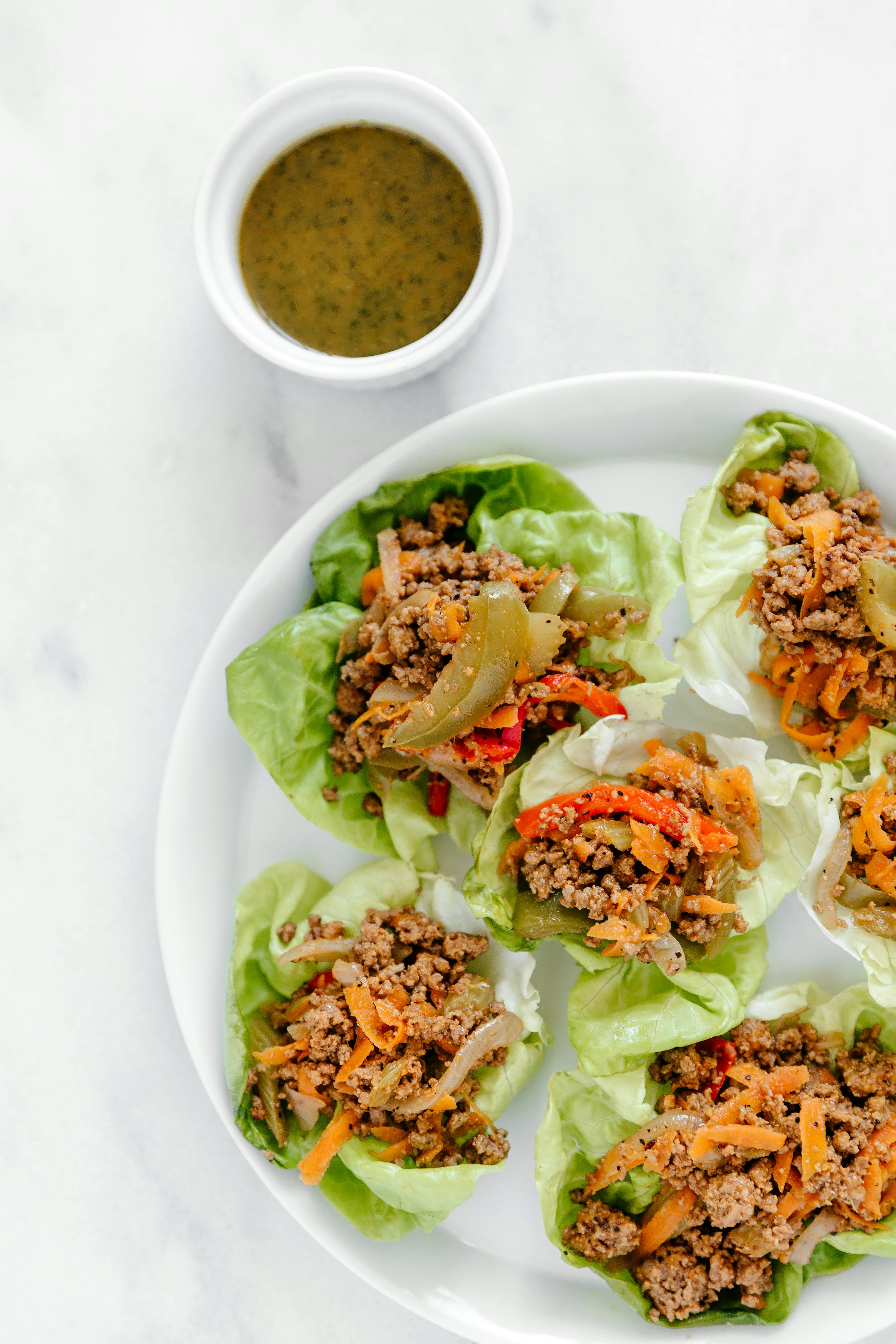
Keto with whole ingredients vs with supplements
By Danielle McAvoy
March 31, 2023
With so many people raving about the benefits they’ve seen from shifting to a ketogenic diet, it’s no wonder that keto has become one of the more buzz-worthy diets. Many people who adopt a ketogenic lifestyle tout easy weight loss from following the protocol, without adding in extra exercise or worrying about total calories. It is true that you can experience significant weight loss and other benefits if you follow keto correctly, but there are different approaches to consider.
But first, let’s chat Keto basics
The ketogenic diet is an extremely high fat and low carb diet in which people methodically consume 75% of their calories from fat, 15-20% from protein, and 5-10% from carbohydrates.
This is key: the total calories you consume are not NEARLY as important as the overall ratio of protein/fat/carbohydrate that you take in. Consuming foods with this macronutrient ratio causes our bodies to burn fat for fuel instead of carbohydrates, meaning it’s a simple (not easy, but simple) way to burn body fat more efficiently.
Seeking Ketosis through whole ingredients vs supplements
The whole foods approach
Because the types of foods you can eat on the keto diet are limited, it is important to choose highly nutritious foods so that you don’t become nutrient deficient. While many people choose to rely on supplements, it best to get your nutrients from whole food sources.
Including the following nutrient dense foods will help you get the nutrients you need from clean, natural sources:
- Meat: Red meat, pork, chicken, turkey, sausage, bacon
- Fish: Salmon, tuna, trout, mackerel are the highest in essential fats
- Eggs
- Low-carb veggies: Leafy greens, broccoli, asparagus, celery, mushrooms, cauliflower, eggplant, peppers, onions, tomatoes, etc.
- Nuts and Seeds: Walnuts, macadamia nuts, almonds, pumpkin seeds, flax & chia
- Avocados
- Healthy oils: Olive oil, coconut oil, avocado oil, sesame oil
- Olives
- If including dairy: Cheese and full-fat yogurt are high-fat/lower carb options that also have some protein
The supplemented approach
While eating whole foods is the best way to get nutrients, many people choose to supplement at various stages of the keto diet. The most common supplements people take are MCT oil, electrolytes, omega-3 fats, and greens powder.
MCT Oil
MCTs, or medium chain triglycerides, break down more quickly than other fats to provide more rapid energy. MCT oil can easily be added to beverages and can quickly up your fat intake.
The whole ingredient version: Coconut is an excellent source of MCTs, so the same nutrients can be obtained from eating coconut butter, coconut oil, and coconut cream.
Electrolytes
Because keto requires a shift away from carbohydrate-rich fruits, vegetables, and beans, your intake of potassium, magnesium, and sodium may naturally decrease.
The whole ingredient version: Instead of supplementing, leafy green vegetables, nuts, seeds, and avocados are all high in magnesium and potassium, and simply salting foods can ensure you get enough sodium.
Omega-3 Fats
Taking omega-3s can again boost overall fat intake, while also ensuring that the ratio of omega-3s to omega-6s remains balanced.
The whole ingredient version: Eating fatty fish is the best way to get the same benefit from whole foods, as they are the richest food source of omega-3s.
Green Powder
Since there is reduced variety in fruits and vegetables eaten on a keto diet, many people supplement with a greens powder.
The whole ingredient version: Leafy greens are one of the lowest carb vegetables and should be a staple in a keto diet, so it is preferable to eat fresh or cooked leafy greens that also contain beneficial fiber.
The Territory Keto Approach
Rebalance and re-energize with our 4-week Keto Reset Program! Let Territory get you back on track with 4 weeks of delicious keto meals that deliver the right macros, micros and variety to help you with hunger control, mental clarity and better sleep.
We focus on a whole ingredient keto approach throughout our 3 week Keto Reset menu. Our keto meals hover around 70% fat, 20% or less protein, and 10% carbs, with an upper limit of 15g net carbs for both the boost and standard size. Aligned with our core menu foundation, our keto reset meals remain free of gluten and dairy-containing ingredients.
We intentionally chose to include plenty of non-starchy vegetables to ensure that our keto community continues to meet their micronutrient needs.
When looking at our menu, click on the Keto Reset menu filter to see all of our keto meals.